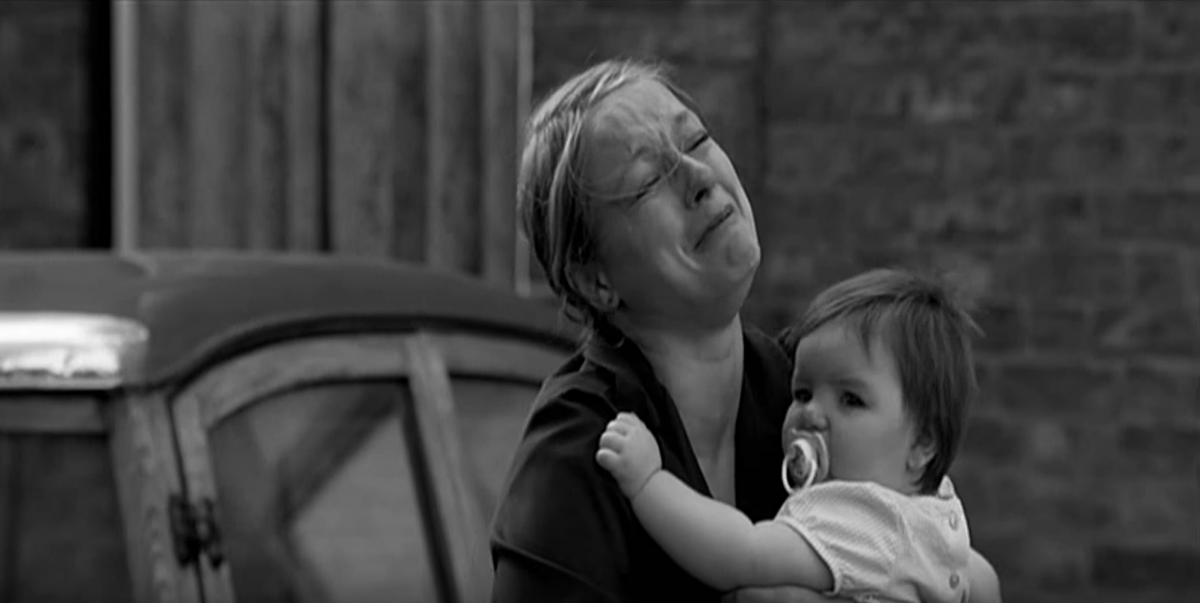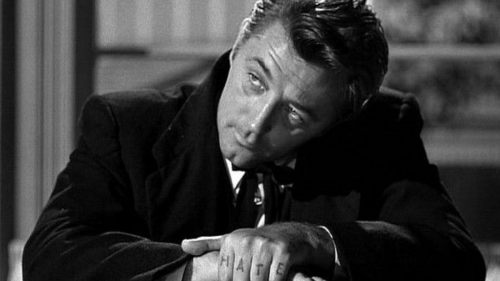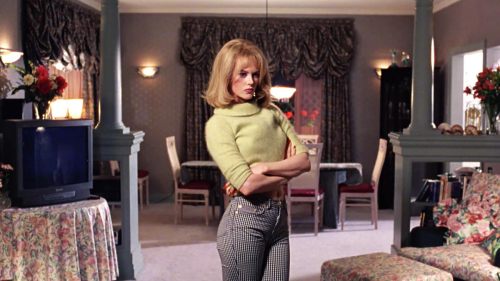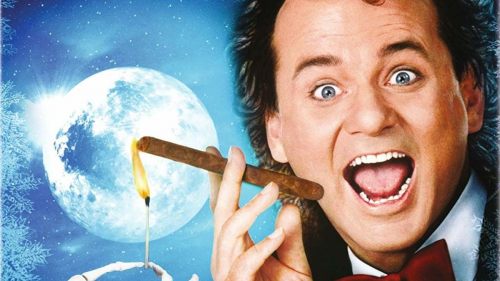Cover to Credits: CONTROL
"The book was better" is a phrase heard often in conversations about book-to-film adaptations. "Don't judge a book by its movie" is another common jab. While we've all uttered some version of this sentiment at one point or another, there have been those rare occasions when the opposite is true. As a lifelong bookworm and cinephile, I've discovered that whether I read the book before or after seeing the movie can have a profound influence on my enjoyment of the story across both mediums. In this column, I’ll be checking out old and new adaptations to further explore both sides of that experience. In the process, I hope to unveil how these two vastly different mediums work together to tell the same story, from cover to credits.
---
“Touching from a distance, further all the time.”
- Ian Curtis, “Transmission”
“I believe Ian chose his deadline,” Deborah Curtis writes of her husband’s suicide on May 18, 1980 in Touching from a Distance: Ian Curtis and Joy Division. Published fifteen years after Ian ended his life in the couple’s Macclesfield home, on the eve of Joy Division’s first American tour, the biography pieces together Debbie’s memories with those of Ian’s bandmates and closest friends to tell his story. Yet, even with time and distance, it’s clear their recollections offer no solace or resolution to why the gifted frontman of a group on the brink of international stardom chose to abandon it all at the age of twenty-three. Like many others, Dutch photographer Anton Corbijn was captivated by Joy Division's haunting sound, inspiring him to relocate to England in 1979 after the release of their debut album, Unknown Pleasures. Responsible for some of the earliest and most iconic photographs of the band, it seems fated that Corbijn’s first feature would pay tribute to the memory of Ian Curtis. Released in 2007, Control is one of the most unconventional, sincere, and utterly devastating biopics I’ve ever encountered. Knowing how the story ends does not prepare you for it when it comes.
Like its source, the film is an intimate look at the events of Curtis’s life from 1973-1980, compiled from the collective memories of those who were there. Set against the backdrop of Joy Division’s rapid rise to fame, it follows Ian and Debbie’s (Sam Riley and Samantha Morton) love story and the deterioration of his mental and physical health as his battle with epilepsy casts a shadow of despair over everything. Echoes of what might have been linger in every stunning black and white frame, and through it all you feel as if you’re watching his life unfold from across the street instead of from the solemn divide of decades.

Unknown at the time, Sam Riley’s striking resemblance to Ian, along with the choice of he and castmates Joe Anderson, James Anthony Pearson, and Harry Treadaway to learn and perform the songs live, immerses you even deeper into the authenticity of his brilliant and intuitive performance. Whether impersonating Ian’s erratic seizure-like dance moves as if in a trance on stage, or silently composing lyrics in the solitude of his room, Riley effectively transmits the conflicting sides of Ian’s enigmatic personality. The number of times you can see the quiet desperation and exhaustion on his face is heartbreaking.

Considering most music bios are written by bandmates or crewmembers with exhaustive details of on the road hijinks, reading about Ian from his wife’s perspective offers a more profound and complex version of the story. While Corbijn and screenwriter, Matt Greenhalgh, used Debbie’s book as the foundation for the film, it’s obvious certain details were obtained via hearsay from other sources. In the book, Debbie asserts that wives and girlfriends were banned from gigs and tours, leaving it up to the boys in the band to fill in the gaps. Seeking to tell the whole story, Greenhalgh also reached out to Belgian journalist, Annik Honoré, who is rumored to have been Ian’s girlfriend on the road. While their affair is said to have caused him unspeakable anguish and resulted in Debbie filing for divorce, Honoré claimed in the only interview she ever gave to the Belgian magazine Le Vif in 2010 that her relationship with Ian was “completely pure and platonic.” Despite the many unknowns, the love triangle was undoubtedly another of the many burdens Ian confronted that he wasn’t mentally prepared to handle.

What is known is that Ian Curtis spent his last night watching Werner Herzog's Stroszek and listening to Iggy Pop's The Idiot before hanging himself in the kitchen of the house he shared with Debbie and their daughter, Natalie. The final images of Corbijn’s starkly beautiful tribute of a film play out beneath the funereal sound of “Atmosphere” with Debbie clutching her child in the street as she cries for help. Samantha Morton’s understated performance, while exquisite throughout, is never more powerful than in these bleak and hopeless moments. In the end, whether you’ve just closed the book or sit in stunned silence as the credits roll, there’s the nagging feeling that you still have no clear understanding of who Ian Curtis was. Even those who did know him are left eternally searching for answers, citing everything from his fear of flying to the side-effects of his medication as the cause of his death. Debbie writes of the aftermath, “I don’t possess enough fingers to count the number of hurt people who believe they could have helped if only he had approached them.”

On June 15, 2019, the remaining members of Joy Division, Bernard Sumner, Peter Hook, and Stephen Morris, now better known as New Order, celebrated the 40th anniversary of Unknown Pleasures. Before Ian’s death, the band admits they’d never paid much attention to what their frontman was singing behind their ghostly melodies that often overpowered his brooding, baritone voice. With his death came more attention to his lyrics, especially those written during his final days for their second and last album, Closer. “His intentions and feelings were all there within the lyrics,” Debbie says, even going so far as to include them in the book, allowing Ian the chance to speak for himself. Biopics can be tricky on both the page and screen, but, in this case, the true story is captured forever in the music. From the opening track of Closer, Ian’s distant yet distinct voice invites us to listen: “This is the way, step inside…”



